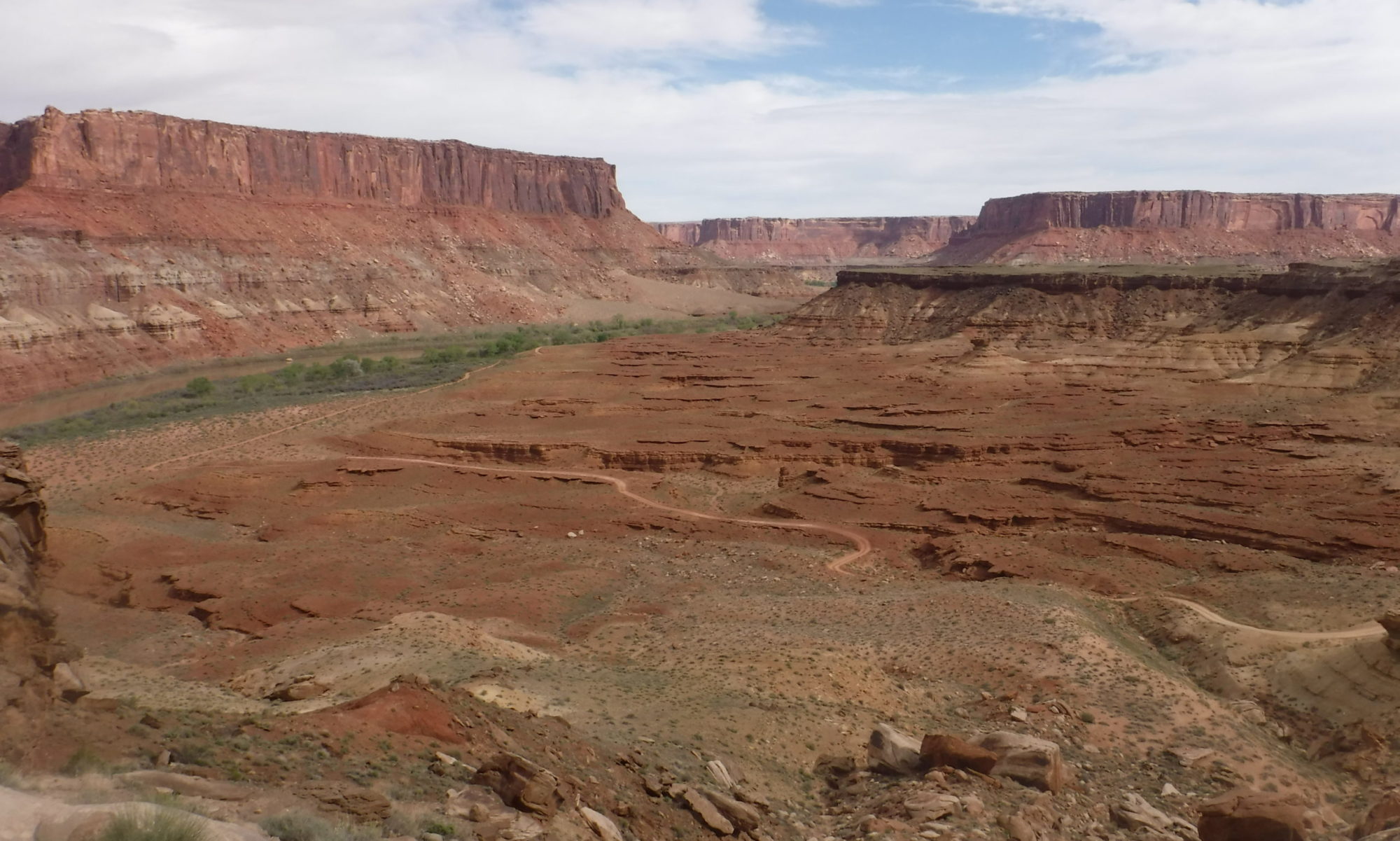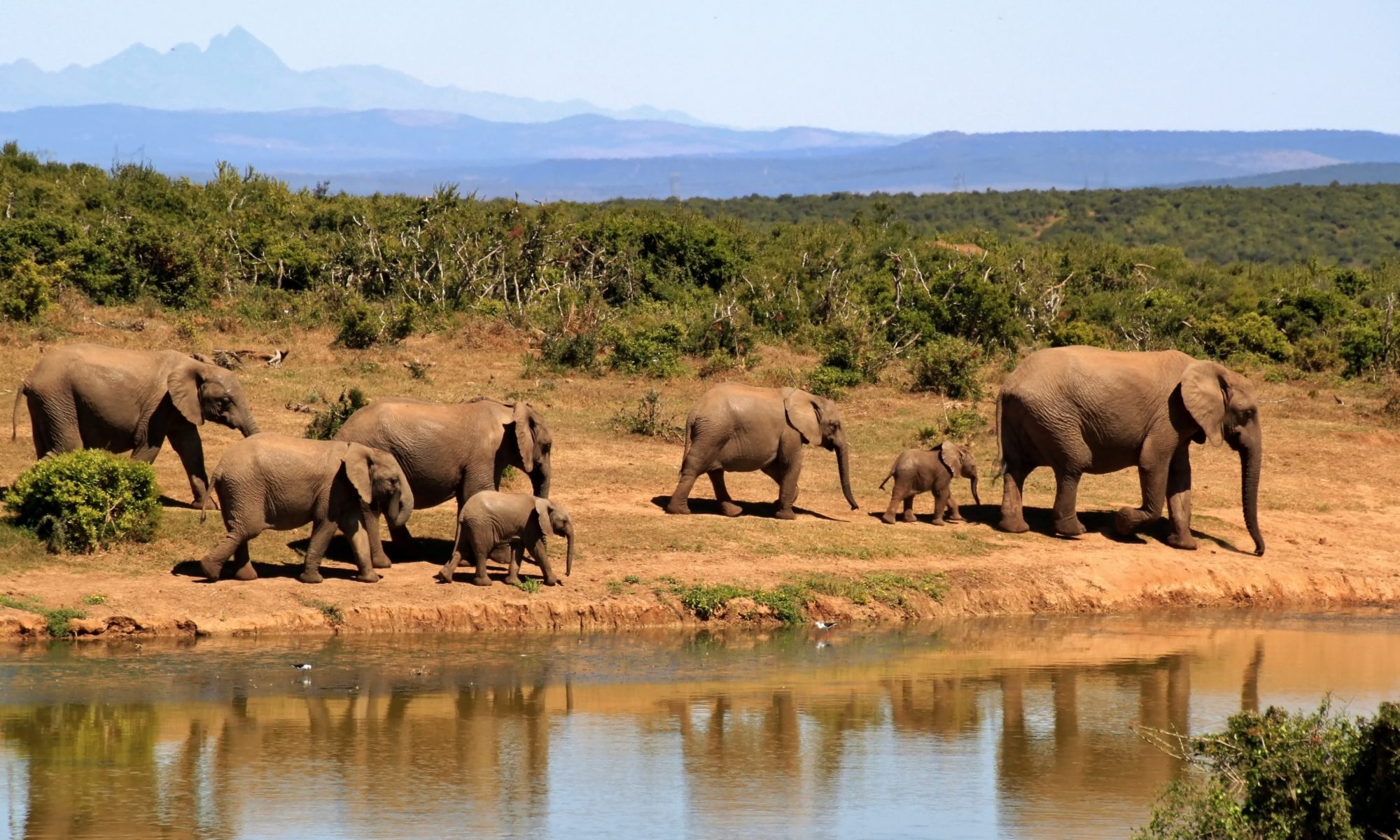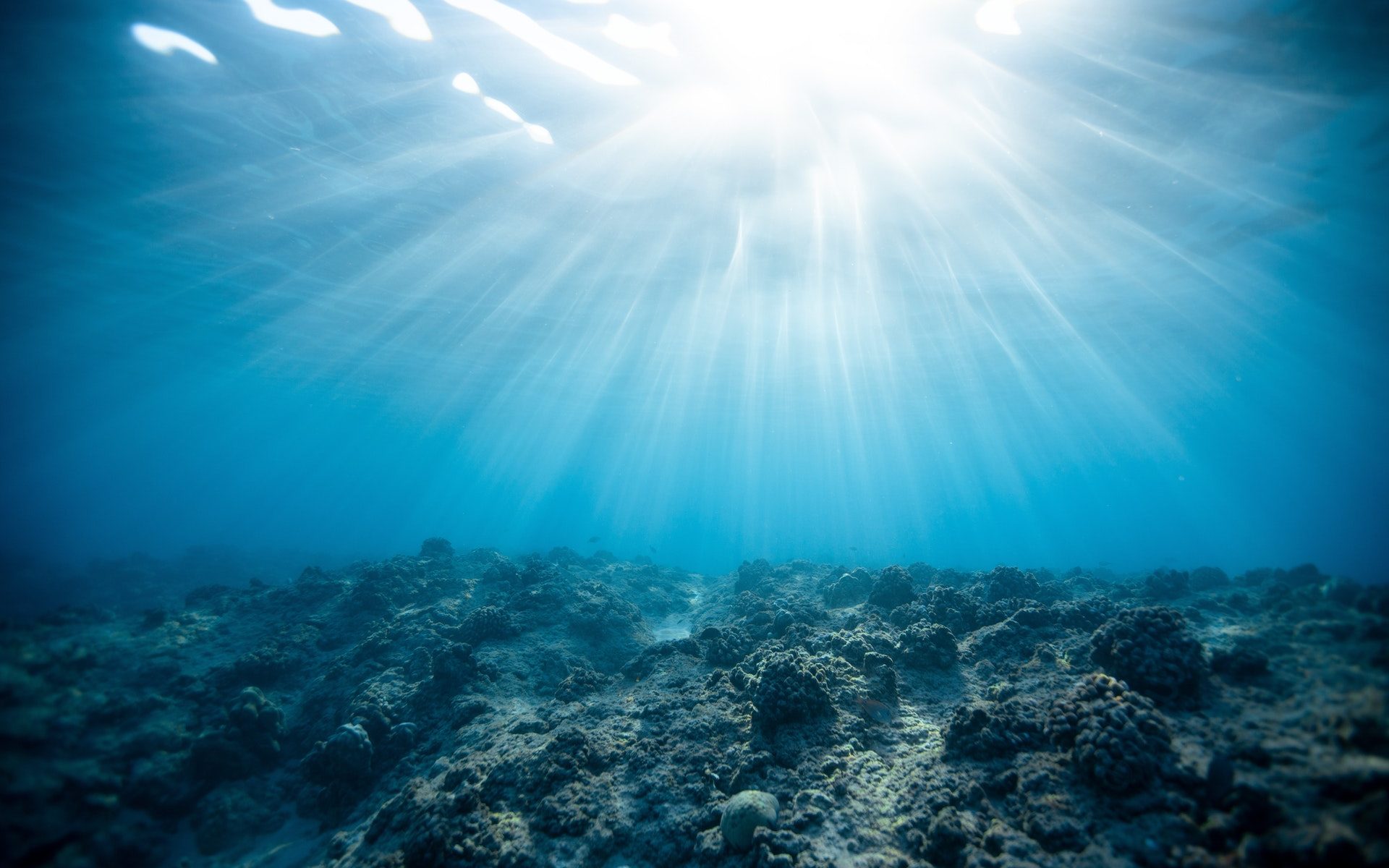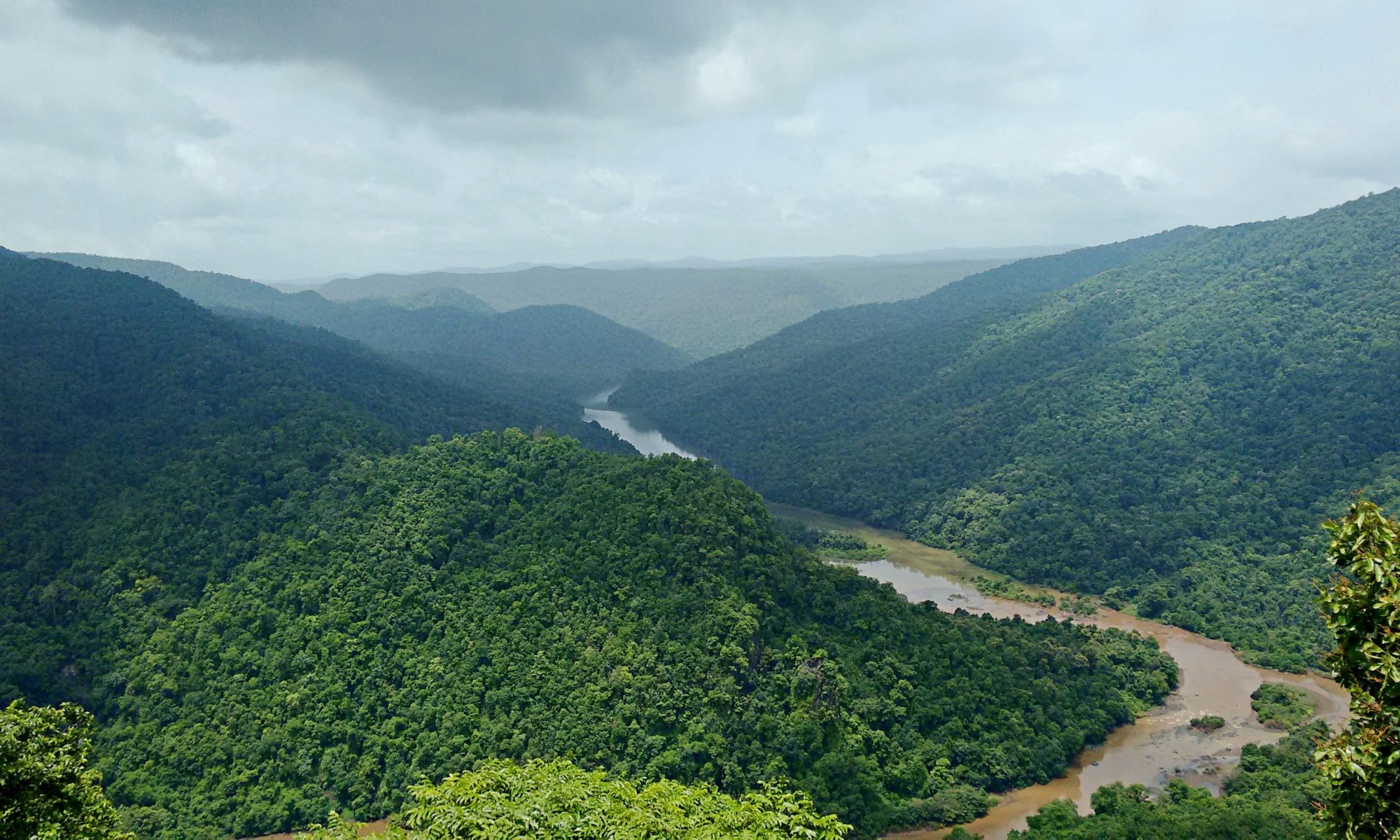Featured Image: African Savannah elephants have been long-renowned for their importance in shaping the land they live on. Copyright: CC BY-SA 4.0, via wikimedia commons.
Paper: Elephant rewilding affects landscape openness and fauna habitat across a 92-year period
Authors: Christopher E. Gordon, Michelle Greve, Michelle Henley, Anka Bedetti, Paul Allin & Jens-Christian Svenning
Elephants have an enormous impact on their surrounding environment, particularly through their impact on the openness of the savannah, earning them a reputation as “ecosystem engineers”. Species like elephants, with important influences on the landscape around them, are being studied in efforts to rewild parts of the planet; restoring ecosystems in ways that they can sustain themselves. A recent paper by Gordon et al. explores elephant rewilding across South Africa and assesses its effect on vegetation and animal species across various nature reserves and time spans dating back to 1927.
Continue reading “How Elephants Impact the Savannah of South Africa: A Case Study in Rewilding“



